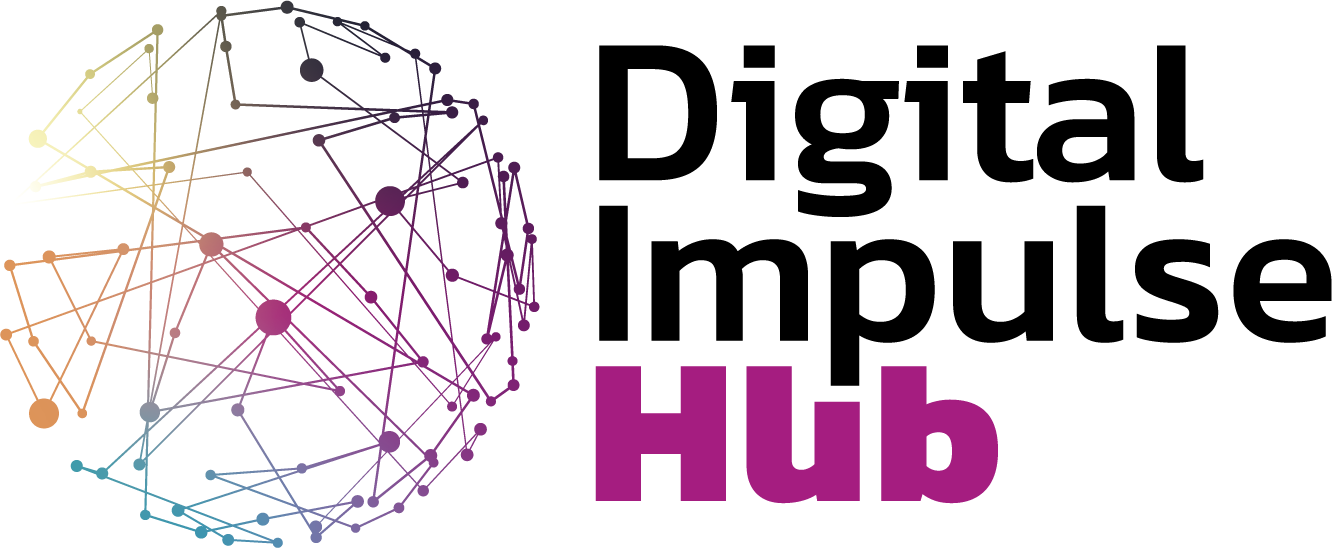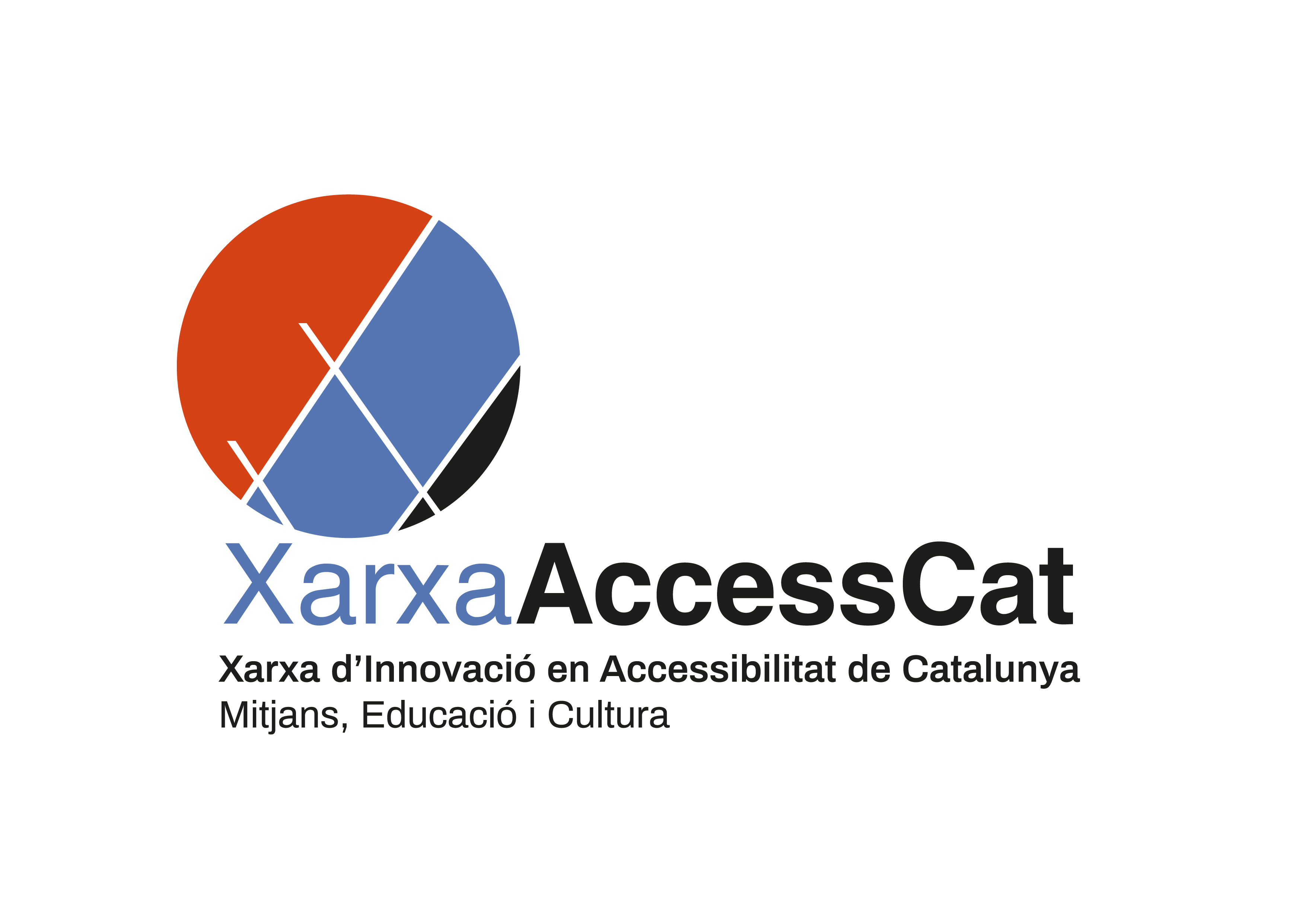COVID-19 protocols for activities at the CITM
These protocols are subject to ongoing review. All teachers and students at the CITM must ensure compliance with them.
This website uses cookies
The website of the Universitat Politècnica de Catalunya uses its own and third-party cookies to improve the browsing experience and for statistical purposes. For more information about cookies you can consult the cookie policy.
Cookies are small text files that can be used by websites to make a user's experience more efficient.
The law states that we can store cookies on your device if they are strictly necessary for the operation of this site. For all other types of cookies we need your permission.
This site uses different types of cookies. Some cookies are placed by third party services that appear on our pages.
You can at any time change or withdraw your consent from the Cookie Declaration on our website.
Learn more about who we are, how you can contact us and how we process personal data in our privacy Policy.
When contacting us regarding your consent, please indicate your identification and the date of your consent.
Necessary cookies help make a website usable by enabling basic functions like page navigation and access to secure areas of the website. The website cannot function properly without these cookies.
| Name | Provider | Purpose | Expiry | Type |
|---|---|---|---|---|
| lang | www.fpc.upc.edu | Save the web display language | 2 years | HTTP |
| politica_cookie | www.fpc.upc.edu | Save the general consent of cookies in the current domain. | 1 year | HTTP |
| cookie_estadistiques | www.fpc.upc.edu | Save the consent of statistical cookies in the current domain. | 1 year | HTTP |
| cookie_marketing | www.fpc.upc.edu | Save the consent of marketing cookies in the current domain. | 1 year | HTTP |
| PHPSESSID | www.fpc.upc.edu | Preserves user session state across page requests. | Sessió | HTTP |
| CONSENT [x3] | Used to detect if the visitor has accepted the marketing and analytics category in the cookie banner. This cookie is necessary for GDPR-compliance of the website. | 2 years | HTTP |
Statistic cookies help website owners to understand how visitors interact with websites by collecting and reporting information anonymously.
| Name | Provider | Purpose | Expiry | Type |
|---|---|---|---|---|
| _ga | Registers a unique ID that is used to generate statistical data on how the visitor uses the website. | 2 years | HTTP | |
| _ga_# | Used by Google Analytics to collect data on the number of times a user has visited the website as well as dates for the first and most recent visit. | 2 years | HTTP | |
| _gat | Used by Google Analytics to throttle request rate | 1 day | HTTP | |
| _gid | Registers a unique ID that is used to generate statistical data on how the visitor uses the website. | 1 day | HTTP |
Marketing cookies are used to track visitors across websites. The intention is to display ads that are relevant and engaging for the individual user and thereby more valuable for publishers and third party advertisers.
| Name | Provider | Purpose | Expiry | Type |
|---|---|---|---|---|
| _GRECAPTCHA | This cookie is used to distinguish between humans and bots. This is beneficial for the website, in order to make valid reports on the use of their website. | 179 dies | HTTP | |
| last_campaign | www.fpc.upc.edu | Save the last campaign for which the user has reached the website. | 6 months | HTTP |
| campaign_XX | www.fpc.upc.edu | Save the last campaign for which the user has reached the website. | 6 months | HTTP |
| ads/ga-audiences | Used by Google AdWords to re-engage visitors that are likely to convert to customers based on the visitor's online behaviour across websites. S | Sessió | Pixel | |
| NID | Registers a unique ID that identifies a returning user's device. The ID is used for targeted ads. | 6 months | HTTP | |
| bcookie | Used by the social networking service, LinkedIn, for tracking the use of embedded services. | 2 years | HTTP | |
| bscookie | Used by the social networking service, LinkedIn, for tracking the use of embedded services. | 2 years | HTTP | |
| lidc | Used by the social networking service, LinkedIn, for tracking the use of embedded services. | 1 day | HTTP | |
| i/jot | Twitter Inc. | Sets a unique ID for the visitor, that allows third party advertisers to target the visitor with relevant advertisement. This pairing service is provided by third party advertisement hubs, which facilitates real-time bidding for advertisers. | Session | Pixel |
| _fbp [x2] | Meta Platforms, Inc. | Used by Facebook to deliver a series of advertisement products such as real time bidding from third party advertisers. | 3 months | HTTP |
COVID-19 protocols for activities at the CITM
These protocols are subject to ongoing review. All teachers and students at the CITM must ensure compliance with them.

The DiCode Research Group is an interdisciplinary research group on the cutting edge of the social sciences, technology, engineering, digital product design and the arts. Framed within applied research (‘applied sciences’), the DiCode group’s activities revolve around studying the specificities and the design of new formats, contents and emerging experiences within digital communication from a critical and theoretical standpoint based on artistic creation and empirical study, with the ultimate goal of analysing the social impact of these technologies on society.
The new digital communication formats like video games and virtual reality, and the new communication platforms like the web generate new mass communication ecosystems which shift the architectures and systems of the previous models. In this field, it is essential to study and understand these phenomena from a communicative and sociological perspective, based on both their technological underpinnings and their creative strategies. These new communication systems are primarily cultural products generated via images, videos, animations and music which reach audiences through new interactive digital channels in the throes of development with a huge social impact.
These three overarching fields of knowledge in Digital Culture are the group’s main areas of interest:
Research group recognized by the Agència de Gestió d'Ajuts Universitaris i de Recerca (AGAUR) in the SGR-Cat 2021 call.
This line studies the design and validation of virtual reality (VR) applications focused on improving education, health and social relations. VR is a tool capable of generating extraordinarily realistic virtual scenes with ecological validity. Furthermore, with VR it is possible to experience the sense of being inside a virtual scene with a body that we feel is our own and we control. These features endow VR with vast potential in fields related to learning and wellbeing. This line focuses on researching different VR applications, their design principles and their perception.
Researcher in Charge: Lasse Loepfe
This line involves research focused on video games within the framework of media convergence and industry 4.0: transmediality, intertextuality and remediation; affordances and the impact of video games on fields that extend beyond entertainment (serious games); new play experiences associated with emerging technologies; and design-centred research methodologies.
Researcher in Charge: Marta Fernández
This line studies the image and visual culture in the definition of the contemporary world, where new narratives and new forms of expression of postmodern audiovisuals are also being developed. It further explores the definition of the image-interface that is both hypertextual and interactive, as well as the study of cinematographic expression as a foundational element of audiovisuals. Finally, it examines animation as a means of artistic expression and audiovisual technique, its history and the new limits on animations in the digital world.
Researcher in Charge: Josep Torelló
This line studies image capturing and processing technologies and methods to digitalise the cultural heritage in both 2D and 3D. The research revolves around defining, measuring and optimising the processes to achieve the new levels of accuracy and quality required depending on the applications: dissemination, digital museums, integration into new audiovisual formats, scientific analysis, etc.
Researcher in Charge: Bea Martínez
This line explores new formats of digital audiovisuals. It studies the new nonlinear discursive forms which are developed via emerging digital systems and formats; immersive audiovisuals; and new genres of digital audiovisuals such as the interactive documentary and procedural narratives. It studies the impact of the emotional response on the experience of narratives via the emerging technologies and analyses the use of these narratives in the context of social communication and social change.
Researcher in Charge: Carles Sora Domenjó
Digital projects are based on people, and research is vital for understanding them. The relationship between the person and the digital product is constantly evolving. The user experience research line is designing new methodologies and techniques for the evaluation and conceptualisation of emerging digital products and interfaces from the perspective of people. This line also includes research into gamification, in order to enhance the design of experiences. Regardless of their abilities, users are taken into account throughout the creation process, with inclusive thinking and a gender perspective based on emotional, aesthetic and functional factors.
Researcher in Charge: Eva Villegas
Bea Martínez
Bruno Caldas
Dr. Carla Molins
Dr. Dani Hurtado
David Sánchez
Dr. Elisabet Fonts
Dr. Eva Villegas
Dr. Josep Torelló
Dr. Lasse Loepfe
Dr. Maria Pagès
Dr. Marta Fernández
Dr. Jaume Duran
Pedro Omedas
Carolina López

The Digital Impulse Hub (DIH) is a non-profit, public and private collaboration initiative that aims to promote digital transformation, the digitalization of industry and commerce, the public sector, training, the growth of start-ups -Digital ups, innovation and international competitiveness of SMEs.
The CITM is a founding member together with the UPC, the OUC, the Chamber of Commerce of Terrassa, the General Council of Chambers of Catalonia, the Localret Consortium, the Town Councils of Terrassa, Rubí and Sant Cugat del Vallès.
More information:

The Accessibility Innovation Network of Catalonia wants to provide solutions to a diverse society where all people must have access to information and communication.
The mission of the AccessCat Network is to promote and develop the transfer and valorization of research results in accessibility to information and communication, with special emphasis on social impact and the involvement of end users.
More information: